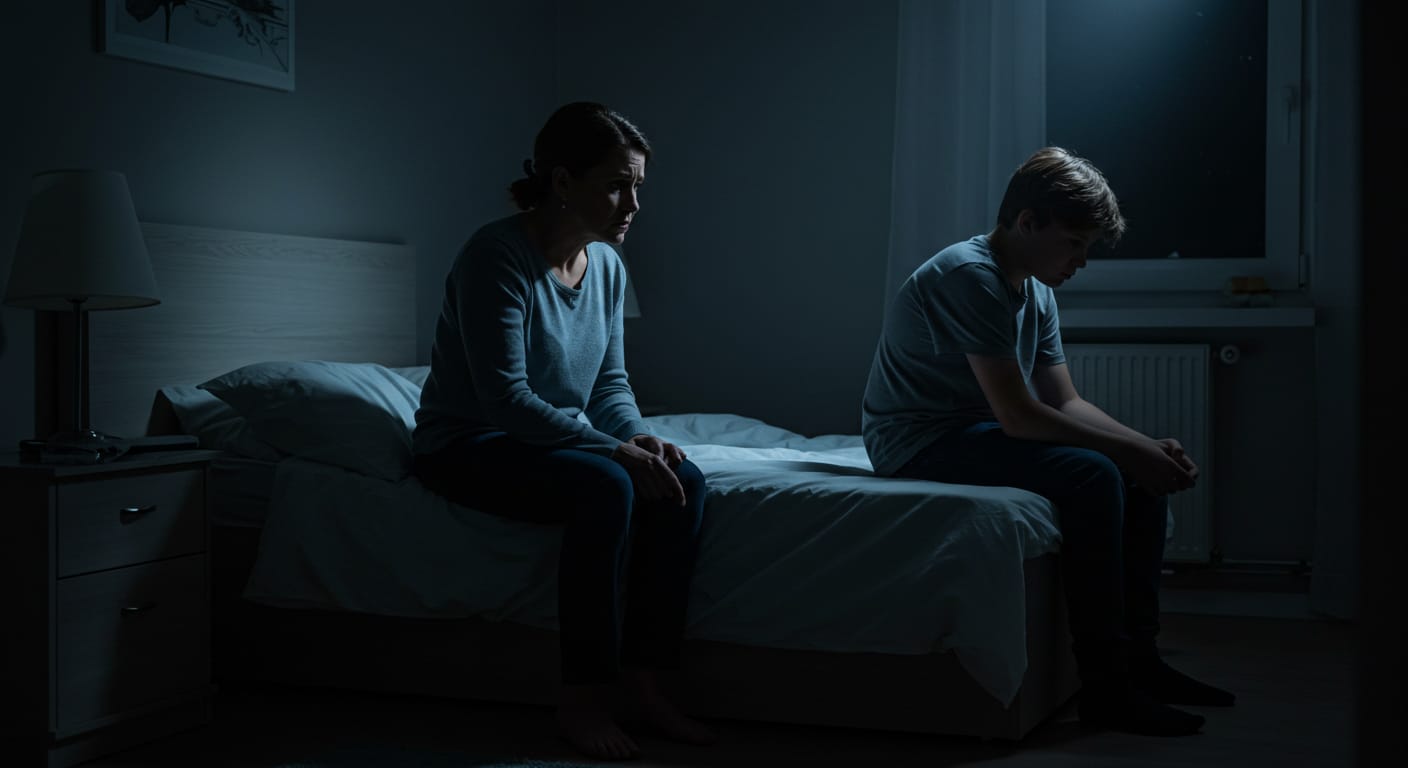🚫 Stop Ignoring the Signs
It’s natural for parents to want the best for their children. We want them to be happy, healthy, and successful. But when something is wrong—like depression—denial only makes it worse. Too often, fear causes parents to dismiss serious signs, brushing them off as “teen mood swings” or “a phase.”
But pretending your child isn’t struggling doesn’t protect them. It delays the help they urgently need.
👀 Denial Sounds Like This:
-
“It’s just a phase.”
-
“They’re just being dramatic.”
-
“When I was their age, I just toughened up.”
-
“Therapy? That’s for crazy people.”
-
“My kid? Depressed? No way.”
This kind of thinking blinds parents to the truth—and it’s dangerous.
⚠️ Depression Is Not a Phase
Depression is not a bad day, or even a bad week. It is a clinical condition that disrupts your child’s emotional, physical, and social well-being. It won’t just “go away with time.”
Here are warning signs to look out for:
-
Changes in appetite (eating too much or too little)
-
Difficulty sleeping or oversleeping
-
Sadness or irritability lasting for weeks
-
Withdrawing from friends and family
-
Low energy and hopelessness
-
Obsessive or dark thoughts that won’t stop
If your child shows multiple signs, it’s time to act.
💬 Open the Door to Conversation
Start talking to your child. Be patient, gentle, and available. They may not open up right away—but your openness creates a safe space.
Ask about:
-
School and academic pressures
-
Bullying or friend drama
-
Romantic relationships
-
How they feel, even if the answer is “I don’t know”
It’s okay not to have all the answers. What matters most is being present and nonjudgmental.
🧠 You Can’t Do This Alone
Love and support are essential—but they’re not always enough. Depression is a mental health condition that often needs professional treatment. Don’t be afraid to seek help.
A licensed therapist can diagnose depression and create a treatment plan tailored to your teen. In some cases, a psychiatrist may prescribe medication like antidepressants. These tools help your child regain stability and clarity.
Remember: Getting help is a sign of strength—not weakness.
💡 You Are Not Failing as a Parent
Admitting your child is struggling is not a failure. Challenging your own beliefs or realizing you missed the signs doesn’t make you a bad parent—it makes you human. What matters is what you do next.
Parenting is hard—but it’s also an opportunity to grow. By taking action, you’re showing your child that their health matters, that they matter, and that they are not alone.
🌱 Healing Starts with Acknowledgement
Depression doesn’t just affect your child—it affects the whole family. But with honesty, love, and the right support, healing is possible.
Let’s stop pretending. Let’s start listening, learning, and leading our children toward hope and healing.


